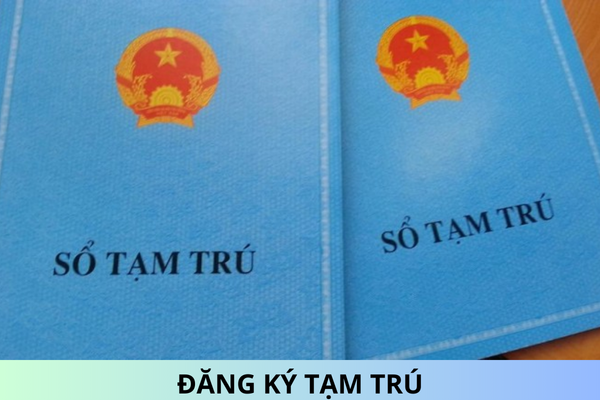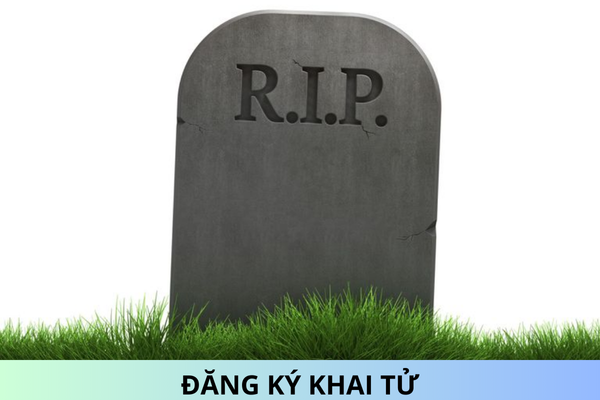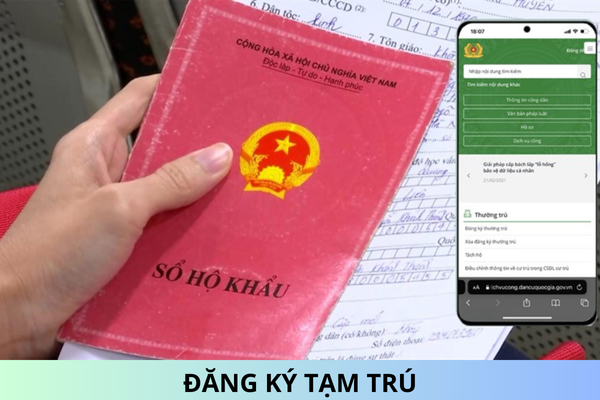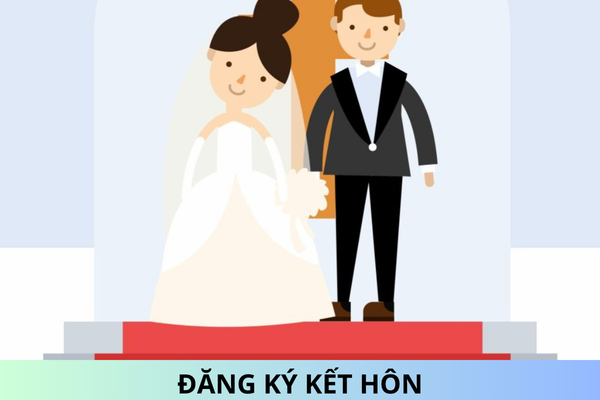What is the interest rate subject to usury in Vietnam?
What is the interest rate subject to usury in Vietnam? - Mr. Binh (Quang Ngai).
What are the maximum interest rate in 2023 in Vietnam?
Pursuant to Article 468 of the Civil Code in 2015 stipulating interest rates as follows:
Interest rates
1. The rate of interest for a loan shall be as agreed by the parties.
The rate of interest for a loan agreed by the parties may not exceed 20% per year, unless otherwise prescribed by law. According to actual conditions and at the proposal of the Government, the Standing Committee of National Assembly shall adjust the above interest and send report to the National Assembly at the latest session.
If the agreed interest exceeds the maximum interest prescribed in this Clause, the agreed interest shall become invalid.
2. Where parties agree that interest will be payable but fail to specify the interest rate, or where there is a dispute as to the interest rate, the interest rate for the duration of the loan shall equal 50% of the maximum interest prescribed in Clause 1 of this Article at the repayment time.
As regulations above, in 2023, the rate of interest for a loan agreed by the parties may not exceed 20% per year, unless otherwise prescribed by law.
According to actual conditions and at the proposal of the Government, the Standing Committee of National Assembly shall adjust the above interest and send report to the National Assembly at the latest session.
Note: The maximum interest rates according to the Civil Code in 2015 shall be applied for transactions between individuals.
What is the interest rate subject to usury in Vietnam?
Pursuant to Article 201 of the Criminal Code in 2015 stipulating usury in civil transactions as follows:
Usury in civil transactions
1. Any person who offers loans at an interest rate that is five times higher than the maximum interest rate specified in the Civil Code and earns an illegal profit of from VND 30,000,000 to under VND 100,000,000 or recommits this offence despite the fact that he/she has incurred an administrative penalty or has an unspent conviction for the same offence shall be liable to a fine of from VND 50,000,000 to VND 200,000,000 or face a penalty of up to 03 years' community sentence.
2. If the illegal profit earned is ≥ VND 100,000,000, the offender shall be liable to a fine of from VND 200,000,000 to VND 1,000,000,000 or face a penalty of 06 - 36 months' imprisonment.
3. The offender might also be liable to a fine of from VND 30,000,000 to VND 100,000,000, be prohibited from holding certain positions or doing certain works for 01 - 05 years.
Pursuant to Article 468 of the Civil Code in 2015 stipulating interest rates as follows:
Interest rates
1. The rate of interest for a loan shall be as agreed by the parties.
The rate of interest for a loan agreed by the parties may not exceed 20% per year, unless otherwise prescribed by law. According to actual conditions and at the proposal of the Government, the Standing Committee of National Assembly shall adjust the above interest and send report to the National Assembly at the latest session.
...
As regulations above, the rate of interest for a loan agreed by the parties may not exceed 20% per year.
According to the Criminal Code in 2015, any person who offers loans at an interest rate that is five times higher than the maximum interest shall be prosecuted for unsury.
Therefore, the loan interest rate in 2023 exceeding 100%/year of the loan is considered usury.
Note: the Standing Committee of National Assembly shall adjust the above interest and send report to the National Assembly at the latest session.
How to determine interests and interest rates in credit agreements at date of first-instance trial in 2023 in Vietnam?
Pursuant ot Article 8 of the Resolution 01/2019/NQ-HĐTP stipulating regulations on determining interests and interest rates in credit agreements at date of first-instance trial as follows:
First: At the date of first-instance trial, the interest/ interest rate in a credit agreement concluded before January 01, 2017 shall be determined as follows:
- The interest on the outstanding principal not yet due shall be calculated at the agreed interest rate which must be conformable with the Law on credit institutions and legislative documents providing regulations on interest rates on credit agreements at the date of concluding the credit agreement and the interest calculation date for the loan period during which the interest has been not yet paid.
- The interest on the overdue principal shall be calculated at the agreed interest rate which must be conformable with the Law on credit institutions and legislative documents providing regulations on interest rates on credit agreements at the date of concluding the credit agreement.
Second: At the date of first-instance trial, the interest/ interest rate in a credit agreement concluded on January 01, 2017 or afterwards shall be determined as follows:
- The interest on the outstanding principal and the interest on the overdue principal shall be determined according to Clause 1 of this Article.
- If a borrower fails to make payment of the interest on the outstanding principal on the due date as agreed upon in the credit agreement, the borrower shall pay interest on late payments calculated at the interest rate which is agreed upon by the credit institution and the borrower but shall not exceed the interest rate limit regulated by laws for the late payment period of interest on the outstanding principal not yet due.
Best regards!











